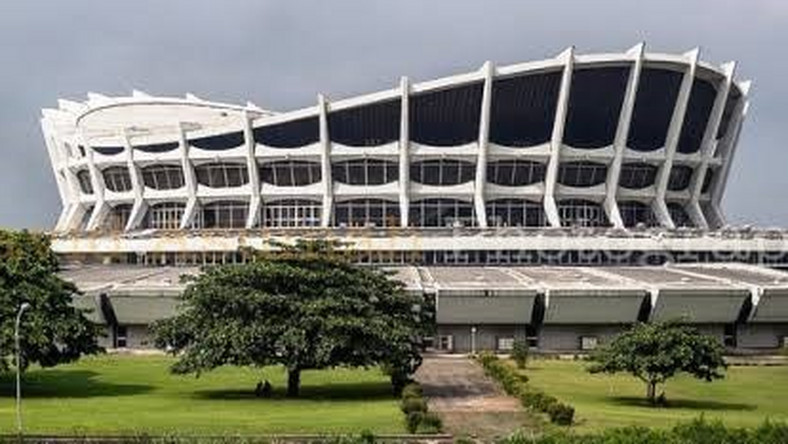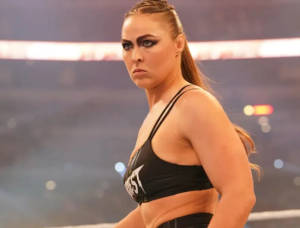The History Of Entertainment in Lagos State
The History Of Entertainment in Lagos State

Lagos State, located in southwestern Nigeria, has a rich history of entertainment that reflects the vibrant cultural heritage and diversity of the region. Let’s explore a brief overview of the history of entertainment in Lagos State:
- Traditional Performances: Lagos State has a long tradition of traditional performances rooted in Yoruba culture. These performances include music, dance, and storytelling, often featuring colorful costumes and live drumming. Traditional events such as the Eyo Festival, Gelede Festival, and Egungun Festival showcase the cultural significance of entertainment in Lagos.
- Theatre: Lagos has a thriving theater scene that dates back to the early 20th century. In the 1920s, the Glover Memorial Hall in Lagos Island became a hub for theatrical performances. Prominent theater groups like the Lagos Amateur Dramatic Society and the Ori Olokun Theatre Group emerged, presenting plays that addressed social and political issues.
- Music: Lagos is often referred to as the music capital of Nigeria, and its music scene has played a significant role in shaping Nigerian popular music. In the 1960s, the rise of highlife music and the fusion of traditional rhythms with Western influences created a unique sound known as “Afrobeat,” popularized by legendary musician Fela Kuti. Lagos also became the center of the Nigerian music industry, with numerous recording studios and music venues attracting artists from across the country.
- Nollywood: Lagos is home to Nollywood, the Nigerian film industry that has gained international recognition. Nollywood produces thousands of movies each year, making it the second-largest film industry in the world. The emergence of Nollywood in the 1990s brought about a revolution in African cinema, showcasing Nigerian stories and talents to a global audience.
- Festivals and Events: Lagos State hosts a variety of festivals and events that celebrate different aspects of entertainment. The Lagos Carnival, Lagos International Jazz Festival, Lagos Theatre Festival, and Lagos Fashion Week are some of the notable events that bring together artists, performers, and enthusiasts from various disciplines.
- Nightlife and Entertainment Venues: Lagos boasts a vibrant nightlife scene with numerous clubs, bars, and live music venues. Areas like Victoria Island, Ikoyi, and Lekki are known for their bustling nightlife, offering a wide range of entertainment options, including live music performances, comedy shows, and DJ sets.
SEE ALSO: Singer Wizkid Performs As A Topic Studying In the USA Universities
The history of entertainment in Lagos State is a testament to the city’s cultural dynamism and its continuous evolution in embracing diverse forms of artistic expression.

Some exceptional musicians from Lagos State
Lagos State has been a hub for musical talent, producing numerous exceptional musicians across various genres. While it’s challenging to narrow down the list to just a few, here are some of the greatest musicians from Lagos State:

- Fela Kuti: Fela Anikulapo Kuti, often referred to as the “Father of Afrobeat,” was born in Abeokuta, Ogun State but spent most of his life in Lagos. His music blended traditional African rhythms, jazz, funk, and highlife to create a revolutionary sound that addressed social and political issues. Fela’s influence on Nigerian and global music cannot be overstated.
- King Sunny Ade: Born in Ondo State but based in Lagos, King Sunny Ade is a pioneer of Juju music. With his unique blend of traditional Yoruba music, highlife, and Western influences, Sunny Ade became one of Nigeria’s most successful musicians. His energetic performances and innovative use of the guitar earned him international acclaim.
- Ebenezer Obey: Born in Abeokuta, Ogun State, but closely associated with Lagos, Ebenezer Obey is a legendary figure in Nigerian music. His brand of Juju music, known as “Miliki,” blended traditional Yoruba music with Christian lyrics. Obey’s soulful voice, poetic lyrics, and melodic guitar playing made him an iconic musician.
- Sir Shina Peters: Sir Shina Peters, born in Ogun State, rose to prominence in Lagos and became a major figure in the Afro-Juju music genre. His unique style blended Juju, Afrobeat, and pop music, creating a catchy and danceable sound. His album “Ace” released in 1989 was a massive hit and propelled him to national fame.
- 2Baba (formerly 2face Idibia): Innocent Idibia, known as 2Baba, was born in Jos, Plateau State but moved to Lagos where he gained prominence. He is one of Nigeria’s most successful contemporary musicians, with numerous hit songs and albums. 2Baba’s soulful voice, socially conscious lyrics, and versatile style have made him an icon in Nigerian music.
- Wizkid: Ayodeji Balogun, popularly known as Wizkid, is a Nigerian singer and songwriter who hails from Lagos State. He rose to fame in the late 2000s and has since become one of Africa’s most successful and internationally recognized musicians. Wizkid’s Afrobeat and Afropop-infused sound, combined with his infectious melodies, has garnered him a massive global following.
This list represents just a fraction of the many exceptional musicians who have emerged from Lagos State. The musical landscape of Lagos is diverse and ever-evolving, continuously producing talented artists who contribute to the rich tapestry of Nigerian and global music.


